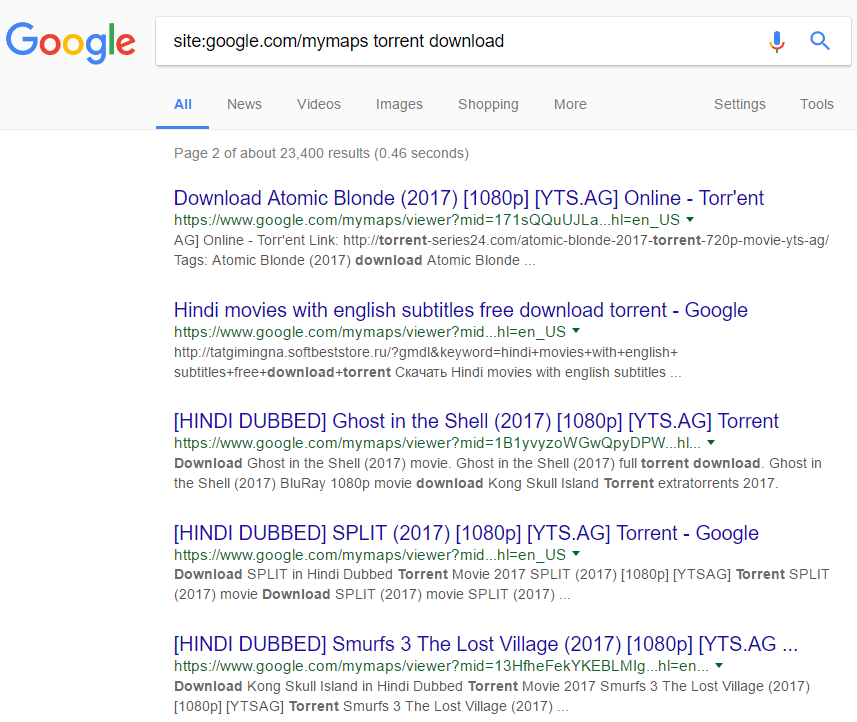 With around 150 million active users a month, uTorrent remains the leading torrent client, by far.
With around 150 million active users a month, uTorrent remains the leading torrent client, by far.
Despite its popularity, the introduction of new features has stalled in recent years. In fact, some of the more prominent changes date back five years, when uTorrent launched its long awaited 3.0 version.
However, according to BitTorrent creator and BitTorrent Inc founder Bram Cohen, this will change in the near future. In an interview with our Steal This Show podcast, which will be released this weekend, he promises some interesting updates, both for uTorrent and its owning company.
Firstly, BitTorrent Inc. is coming out of a rough period during which outsiders took the helm and burnt through millions of dollars in cash. According to Cohen, however, things have calmed down again and the company is getting back on track.
There are about 50 people working at BitTorrent Inc. right now. Former CTO Ro Choy came back to the company as well and has taken the role of CEO.
In the future the company will refocus on products that have proven to work, including uTorrent. Initially, the application generated most revenue from toolbar installs, but after web browsers started to frustrate this business, they successfully switched to in-client advertising, which is the main revenue source now.
“The plan is to consolidate the business and focus on revenues. We have actually a fair amount of expertise in client application advertising, which is kind of a pain to do. So leverage that and bring that to other applications as well,” Cohen says.
While it’s clear that the advertisements will keep their prominent role in uTorrent, there is a major change coming. The future version of the client will be running directly from the browser.
“We’re also taking the opportunity here to actually clean up our client experience. So, from a product standpoint, the new revision of uTorrent is going to run in the user’s default browser. That’s just a nicer experience,” Cohen notes.
By moving uTorrent to the browser it will be able to use modern widgets, and the developers will also integrate a greatly improved streaming experience, based on new technology.
The new uTorrent will allow users to stream torrents directly from their browser, much like regular streaming sites. This is also reminiscent of BitTorrent’s own browser project, Maelstrom, which was quietly killed despite various positive reviews.
According to Cohen, Jeremy Johnson, one of the two CEOs who briefly ‘hijacked’ the company, decided not to ship Maelstrom because he thought he could do better.
“What came of Maelstrom is that Jeremy just decided not to ship Maelstrom because he thought he had some genius idea that would be so much better. And he is so utterly incompetent at doing product he couldn’t even put together an actual product out of it and just killed the whole project.”
While Maelstrom will not return, many of its features will be present in the new uTorrent, including streaming. The main difference is that users won’t have to install a separate browser, but can use the one they already use to browse the web.
“The features behind it that people really want, being able to see torrents in the browser, we’re basically going to be shipping with the new uTorrent. It’s going to be your browser instead of a separate browser,” Cohen says.
Traditionally, end users are very conservative when it concerns major changes like this. That said, the Internet has changed quite a bit since uTorrent first came out over a decade ago. Most applications now live in the browser and BitTorrent Inc. is confident that uTorrent has its future there as well.
In any case, BitTorrent Inc. will be very careful not to force a new version onto users before they know that people are going to be happy with it.
“We’re very, very sensitive. We know people have been using uTorrent for a very long time and love it. So we’re very, very sensitive to that and gonna be sure to make sure that people feel that it’s an upgrade that’s happening. Not that we’ve just destroyed the experience.”
“We’re going to roll it out and get feedback and make sure that people are happy with it before we roll it out to everybody,” Bram concludes.
—-
The full “Steal This Show” interview with Bram Cohen will be available this weekend.
Source: TF, for the latest info on copyright, file-sharing, torrent sites and ANONYMOUS VPN services.

 Google Maps is an extremely useful service that’s made it easier for people to navigate in the real world, pointing the way to a local movie theater, for example.
Google Maps is an extremely useful service that’s made it easier for people to navigate in the real world, pointing the way to a local movie theater, for example. 


 With around 150 million active users a month, uTorrent remains the leading torrent client, by far.
With around 150 million active users a month, uTorrent remains the leading torrent client, by far. For millions of people around the world, subtitles are absolutely essential for enjoying the most popular movies and TV shows. Many consumers don’t have English as their mother tongue and the deaf have few other options.
For millions of people around the world, subtitles are absolutely essential for enjoying the most popular movies and TV shows. Many consumers don’t have English as their mother tongue and the deaf have few other options. Internet provider
Internet provider